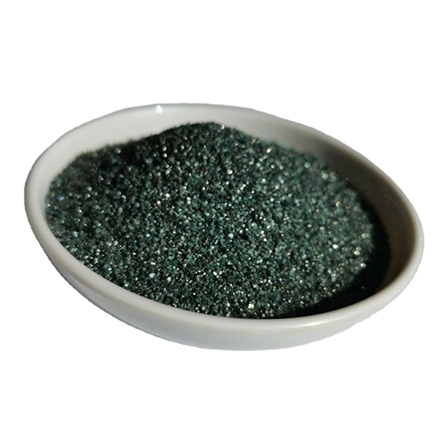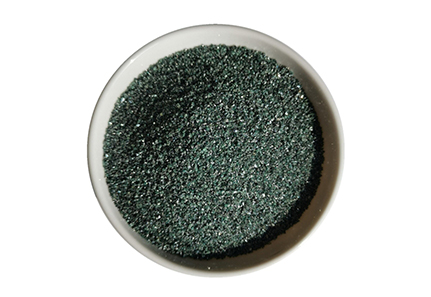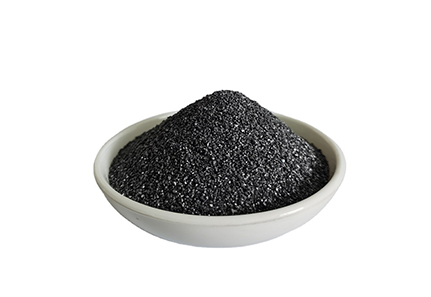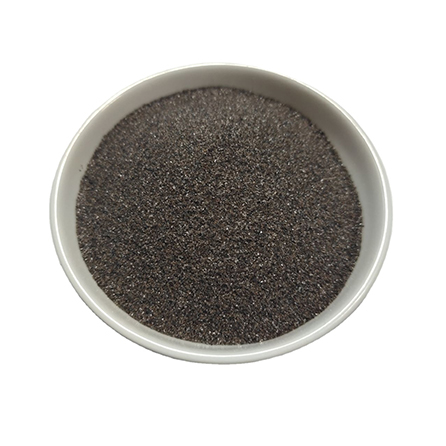







Silicon carbide abrasive
Silicon carbide abrasive (CAS No.409-21-2), also known as moissanite, can also be called emery or refractory sand. It is a man-made substance. It is made by high-temperature smelting of raw materials such as quartz sand, petroleum coke (or coal coke), and wood chips in a resistance furnace.
product Introduction
Silicon carbide abrasive (CAS No.409-21-2), also known as moissanite, can also be called emery or refractory sand. It is a man-made substance. It is made by high-temperature smelting of raw materials such as quartz sand, petroleum coke (or coal coke), and wood chips in a resistance furnace.
Product Features
1. Stable chemical performance, high thermal conductivity, low thermal expansion coefficient and good wear resistance.
2. The high-grade refractory materials used for making have heat shock resistance, small size, light weight, high strength and good energy saving effect.
3. Silicon carbide has a high hardness, with a Mohs hardness of 9.5. It has excellent thermal conductivity. It is a semiconductor and can resist oxidation at high temperatures.
Product Category
-

Green silicon carbide
Send EmailGreen silicon carbide is made from petroleum coke and high-quality silica as the main raw material, adding salt as an additive, and smelted at high temperature in a resistance furnace. Its hardness is between corundum and diamond, and its mechanical strength is higher than that of corundum. Green silicon carbide contains more than 97% SiC and is mainly used for grinding hard gold-containing tools.
-

Black silicon carbide
Send EmailIt has metallic luster and contains more than 95% SiC. Its strength is greater than that of green silicon carbide, but its hardness is lower. It is mainly used for grinding cast iron and non-metallic materials.
Application Field
Silicon carbide has four main application areas, namely: functional ceramics, advanced refractories, abrasives and metallurgical raw materials.
- 1. Sandblasting and rust removal.
- 2. As a metallurgical deoxidizer and high temperature resistant material.
- 3. Abrasives: mainly used for making grinding wheels, sandpapers, belts, oilstones, grinding blocks, grinding heads, grinding pastes, and grinding and polishing of monocrystalline silicon, polycrystalline silicon and piezoelectric crystals in the electronics industry.
- 4. Chemical industry: It can be used as deoxidizer for steelmaking and improver for cast iron structure, and as raw material for the manufacture of silicon tetrachloride. It is the main raw material for silicone resin industry.
- 5. "Three-resistant" material.
- 6. Non-ferrous metals.
- 7. Steel.
- 8. Metallurgical beneficiation.
- 9. Building materials ceramic grinding wheel industry.
- 10. Jewelry.






